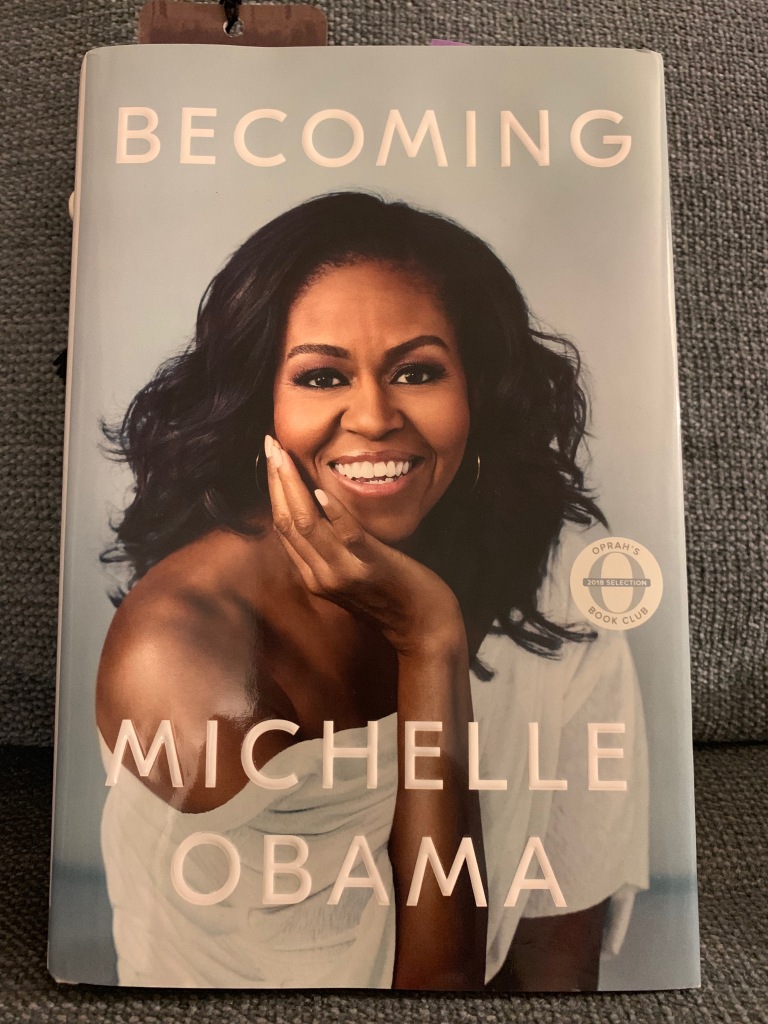Do you remember what you said when people used to ask you, “What do you want to be when you grow up?”
For many years of my childhood, I always answered the same way.
“Astronaut.”
Now, people (friends, neighbors, grocery store clerks) ask my eleven-year-old son.
Sometimes Ryan’s answer resembles a long list of dream jobs. He rattles them off, one after the other. “Doctor. Firefighter. Astronaut. Basketball Player. Singer.”
Other times, Ryan narrows it down to one career. “Professional singer” or “NBA Player.”
I’m in the middle of Michelle Obama’s riveting memoir Becoming. A friend of mine gifted it to me at Christmas, but I have put off reading it. I savored the idea of the book. I wanted to prolong the joy and inspiration I felt certain this book would bring.
And I was right.
Because from the get-go, the first page of the preface in fact, Michelle Obama nailed it.
“Now I think it’s one of the most useless questions an adult can ask a child – What do you want to be when you grow up? As if growing up is finite. As if at some point you become something and that’s the end.”
Every chance I get, I remind Ryan that he doesn’t have to choose one career.
I remind him that former President Obama was also a lawyer and a Grammy-winning author.
I remind him that former First Lady Michelle Obama held many roles. In her words: “I’ve been a lawyer. I’ve been a vice president at a hospital and the director of a nonprofit that helps young people build meaningful careers. I’ve been a working-class black student at a fancy mostly white college.”
During high school, I got tired of the question. When asked what I wanted to be, I simply answered, “Happy.” And I enjoyed a twelve-year teaching career.
Whatever path Ryan chooses, whatever bends or forks in the road that he must navigate, I hope he adds “happy” to the list of all he’ll become.
Just For Fun:
And because I love Michelle Obama, think she’s a fantastic role model and a fun lady, let me share three of our favorite YouTube videos featuring Michelle Obama and Jimmy Fallon in case you haven’t seen them. And even if you have seen them, they’re always fun to watch again.
In this video, Jimmy Fallon and Michelle Obama demonstrate the “evolution of mom dancing.”
This is part 2 of the “evolution of mom dancing.”
And this one, from December 2018, features Michelle Obama and Jimmy Fallon surprising visitors in 30 Rock elevators.



